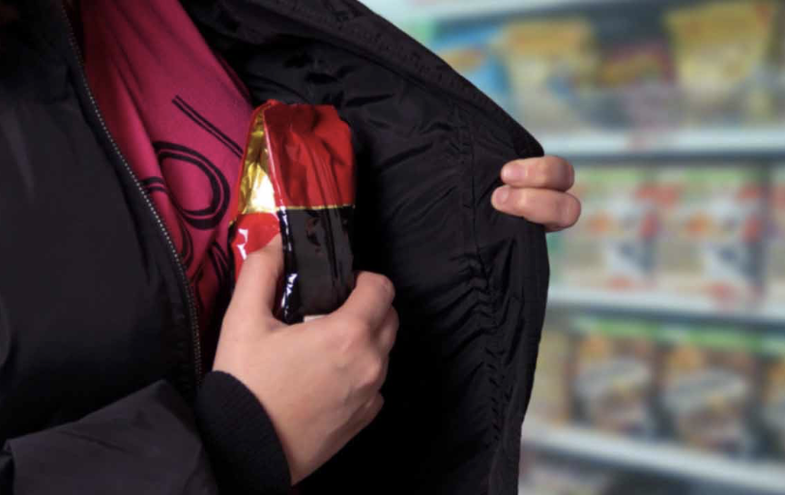
Kleptomania is the recurrent inability to resist the urge to steal things that you generally don't really need and that are usually of little value. It is a rare but serious mental health disorder that can cause a lot of emotional distress for the person experiencing it, as well as for those around them, if left untreated. It is characterized by problems with emotional or behavioral self-control.
Many people with kleptomania are afraid/ashamed to seek mental health treatment. Although there is no cure for kleptomania, treatment with medication or talk therapy (psychotherapy) can help end the cycle of compulsive stealing.

Symptoms of kleptomania may include:
- Inability to resist strong urges to steal things you don't need
- Feelings of increased tension or anxiety, leading to stealing
- Feelings of pleasure, relief during the theft
- Terrible feelings of guilt, remorse, self-hatred, shame or fear after stealing
- Return of urges and a repetition of the cycle of kleptomania
People with kleptomania usually exhibit these characteristics:
- Unlike typical shoplifters, people with kleptomania do not steal out of compulsion for personal gain, out of courage, out of revenge, or out of rebellion. They steal simply because the urge is so strong that they cannot resist it.
- Episodes of kleptomania generally occur spontaneously, usually without planning and without help or cooperation from another person.
- Most people with kleptomania steal in public places, such as shops and supermarkets. Some may steal from friends or acquaintances, for example at a party.
- Often, stolen items have no value to the person with kleptomania and he has the financial means to purchase those products himself.
- Stolen items are usually kept and never used. Items can also be donated, given to family or friends, or even secretly returned to the country from which they were stolen.
- The urge to steal may come and go, or it may occur with greater or lesser intensity over time.

When should you see a doctor?
If you can't stop stealing, seek medical advice. Many people who may have kleptomania are reluctant to seek treatment because they are afraid of being arrested or imprisoned. However, a mental health professional will usually not report the theft to the authorities.
If a relative has kleptomania
If you suspect that a close friend or family member may have kleptomania, gently share your concerns with them. Remember that kleptomania is a mental health condition, not a character flaw, so don't blame or accuse them.
Causes
The cause of kleptomania is unknown. Some theories suggest that changes in the brain may be at the root of kleptomania. More research is needed to better understand these possible causes, but kleptomania may be linked to:
- Problems with a natural brain chemical (neurotransmitter) called serotonin. Serotonin helps regulate mood and emotions.
- Addictive disorders. Stealing can trigger the release of dopamine (another neurotransmitter). Dopamine causes pleasurable feelings, and some people seek out this rewarding feeling again and again.
- The brain's opioid system. Urge is regulated by the brain's opioid system. An imbalance in this system can make it harder to resist urges.
Source: Mayo Clinic





